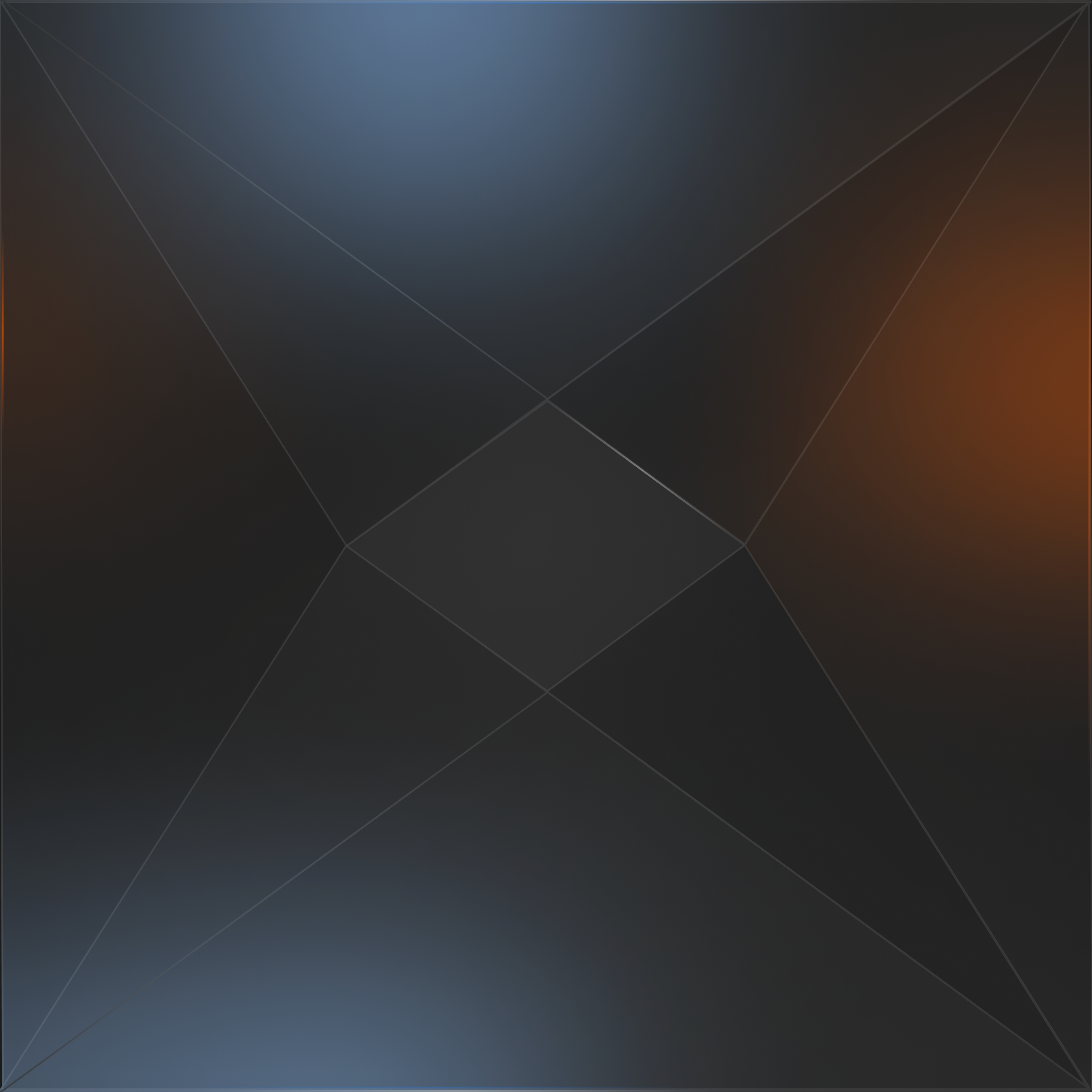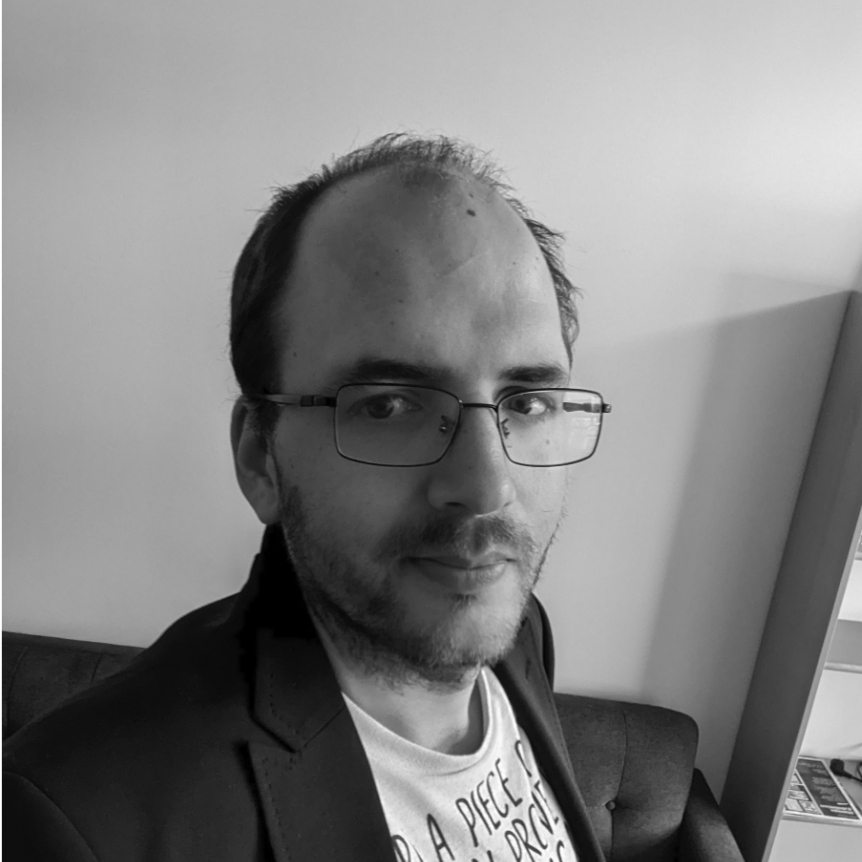Combinatorial geometry colloqioum
2 PM, 18 Nov 2024
The London Institute will host two talks by leading experts, surveying recent advances at the intersection of geometry and combinatorics.
Combinatorial geometry serves as a bridge between various areas of mathematics, such as discrete and algebraic geometry, combinatorics, and algebra, facilitating the transfer and abstraction of ideas across these fields and their applications. In particular, over the last decade, an explosive exchange of ideas between algebraic geometry and combinatorial convexity has led to breakthroughs in both disciplines, the resolution of many landmark conjectures, Fields Medals, and even new entries in the mathematics subject classification.
The two talks at our meeting survey these advances and present an up-to-date overview of combinatorial geometry to the broader mathematical community. It is a pleasure for the London Institute to welcome the speakers, whose contributions to the field have largely shaped its landscape. The presence of combinatorial geometry in the research of many mathematicians and physicists at the Institute—spanning topics from algebraic geometry and representation theory to mirror symmetry and beyond—illustrates its central, connecting role across mathematics.
Event information
The collquium takes place on Monday 18 November at the London Institute for Mathematical Sciences, which is on the second floor of the Royal Institution in Mayfair. Please enter the door under "Ri" flags and take the stairs.
















2:05
Matroid inequalities from algebraic geometry
Matroids are combinatorial structures that track “independence” relations on a set. A key example is the linear independence of vectors in a vector space. While not all matroids arise from a vector space, those that don't often exhibit surprising algebraic behavior as if they do. Breakthroughs over the last decade have introduced a suite of tools from, and inspired by, algebraic geometry to prove inequalities for matroids, including the 'matroid Hodge theory' developed by Adiprasito, Huh, Katz, and others. I'll begin by motivating matroids and aim to conclude with enough about my work in progress with Andy Berget to illustrate how its central tool differs from matroid Hodge theory.

Alex Fink
Alex Fink is the head of combinatorics, algebra and number theory at the Queen Mary University of London, and one of the world's leading experts in matroids, a key object connecting discrete and algebriaic geometry, combinatorics and algebra.
3:30
The Oda conjecture
The factorization problem asks under what conditions two birationally isomorphic varieties, X and Y, share a common iterated smooth blowup, Z. Oda specifically conjectured that this holds for toric varieties. We provide an affirmative answer if the blowups are allowed to be at rationally smooth centers, solving a weighted version of Oda's conjecture and addressing a separate conjecture of Alexander in PL topology.

Karim Adiprasito
For his fundamental contributions to combinatorics and discrete geometry, Karim Adiprasito was awarded the 2015 European Prize in Combinatorics, the 2019 New Horizons Prize, and the 2020 Prize of the European Mathematical Society.